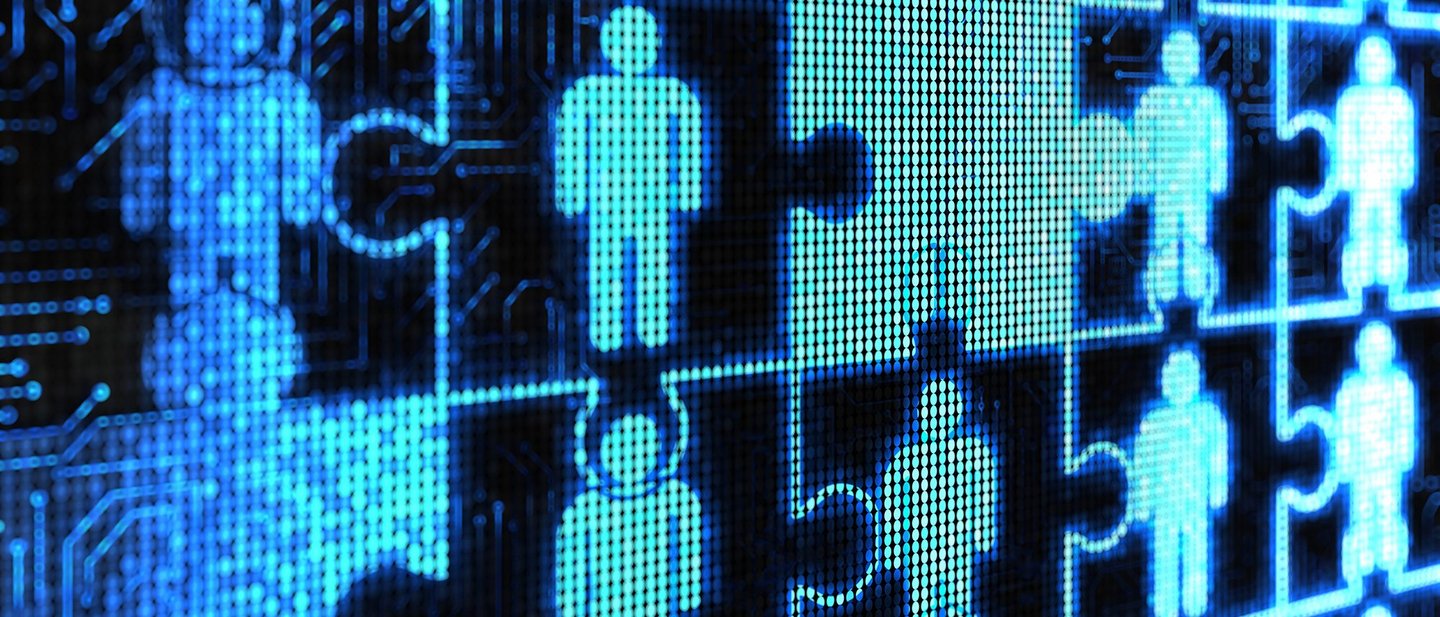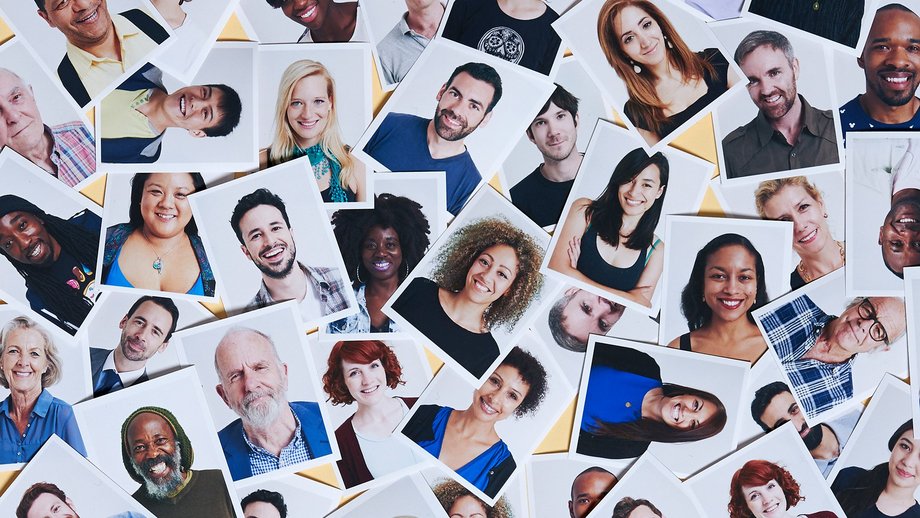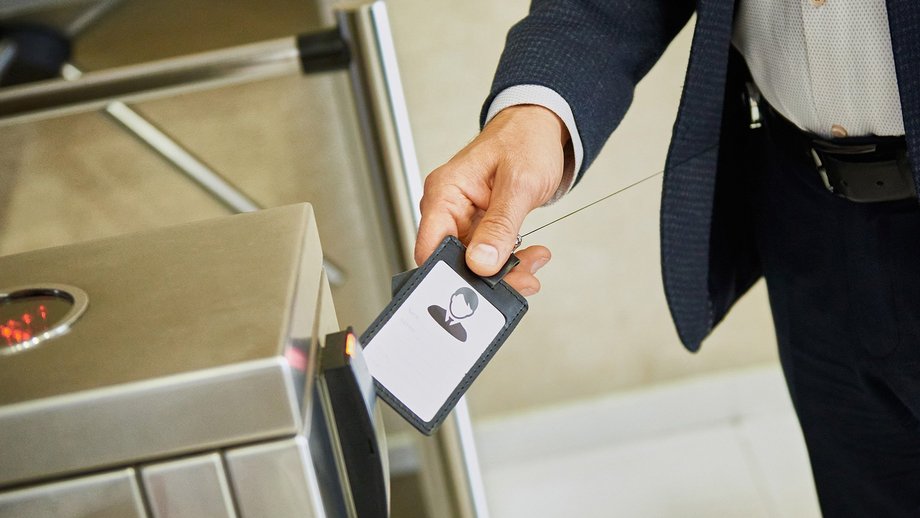Legal identities change lives
A legal identity is taken for granted by most people on Earth. But for those who don’t have one, there are obstacles literally everywhere. The importance of personal identity in a legal sense cannot be overstated.
As far as nations go, the disadvantages of having substantial numbers of people without valid legal IDs are clear. Among many others, these disadvantages include
- The possibility of election manipulation
- Inefficient targeting of social benefits
- A lack of tax monitoring
- Restrictions in educational access for younger people
At the individual level, the very real disadvantages of not having a legal identity include
- Lack of access to the banking sector
- Restrictions on travel and its benefits
- Loss of quality of life (getting a new phone account is hard without an ID, for example)
- Lack of electoral franchise (you can’t vote)
- Inheritance (you must first prove who you are)
- Lack of access to social and financial support from the state
“A legal identity is a prerequisite for modern life in a connected world,” explains Marc-Julian Siewert, CEO of Veridos, a joint venture between G+D and Germany’s Bundesdruckerei. A legal identity is a human right, he adds: only with a legal identity can an individual participate in social, political, and economic life.
Let’s unpack this, with a focus on financial inclusion. Among the reasons that people are unbanked, or underbanked, globally, one stands out in the current context: a complete lack of, or inadequate, documentation. This can be seen in various immigrant communities around the world. It can also be seen with people who have never left the countries they were born in. Identification is almost always required to open an account, or otherwise gain access to the modern financial system. Now that smartphones have opened up even hitherto remote markets, it is imperative that digital technology be leveraged in granting universal access to trusted, efficient ID systems.
The target is clear, then – but when will the world achieve it?





